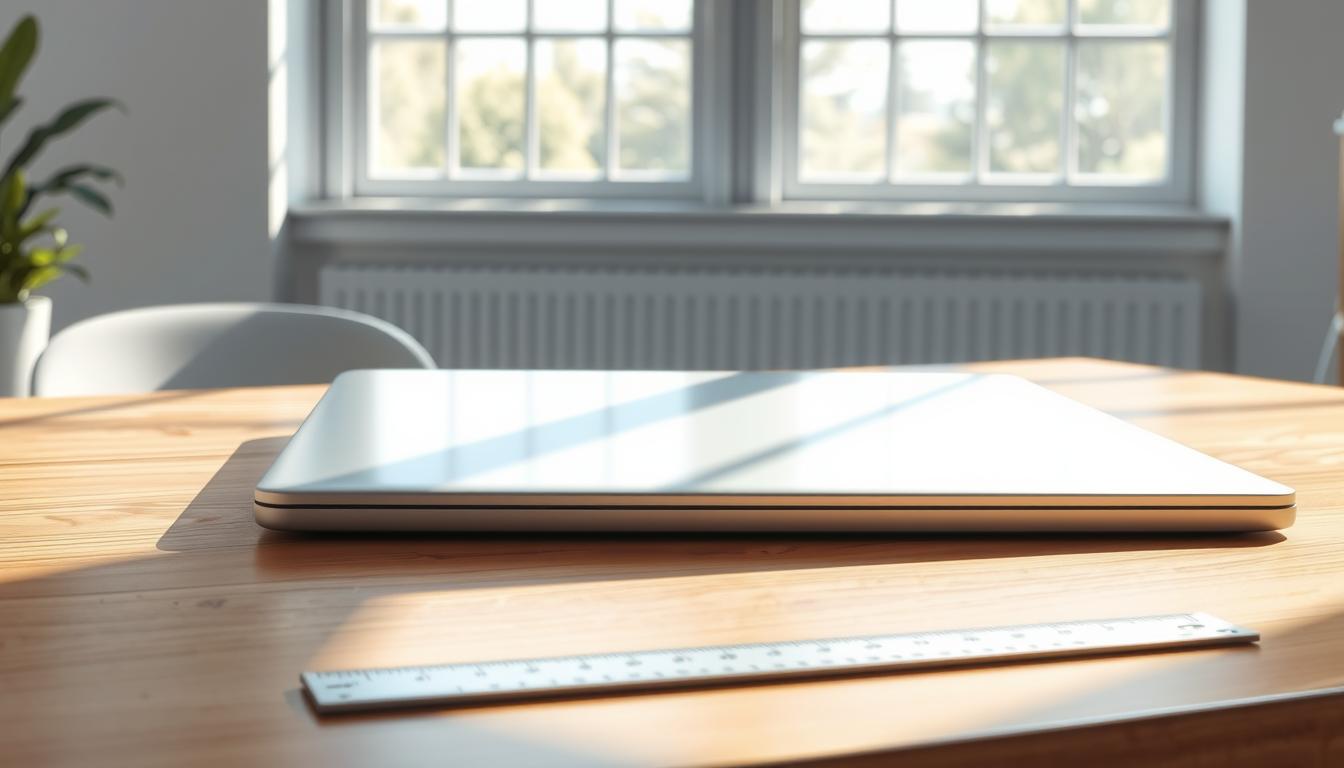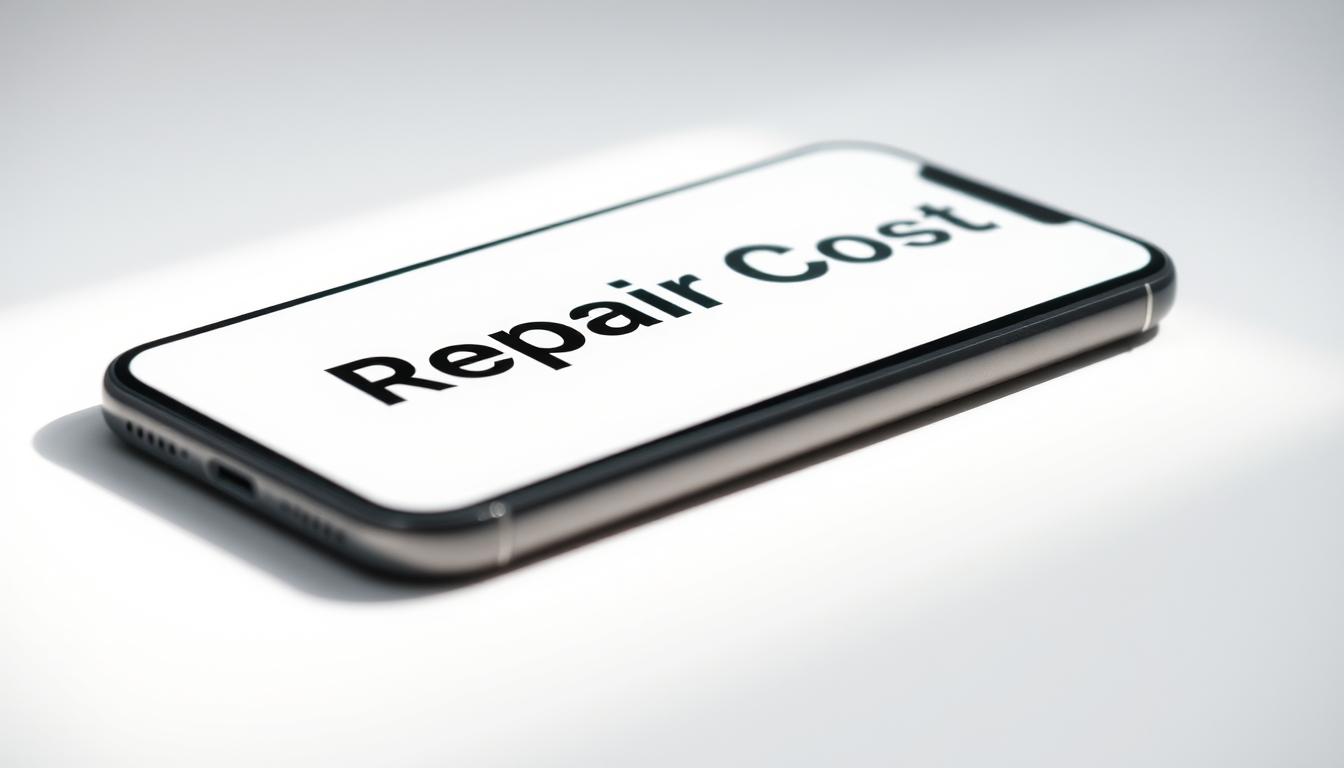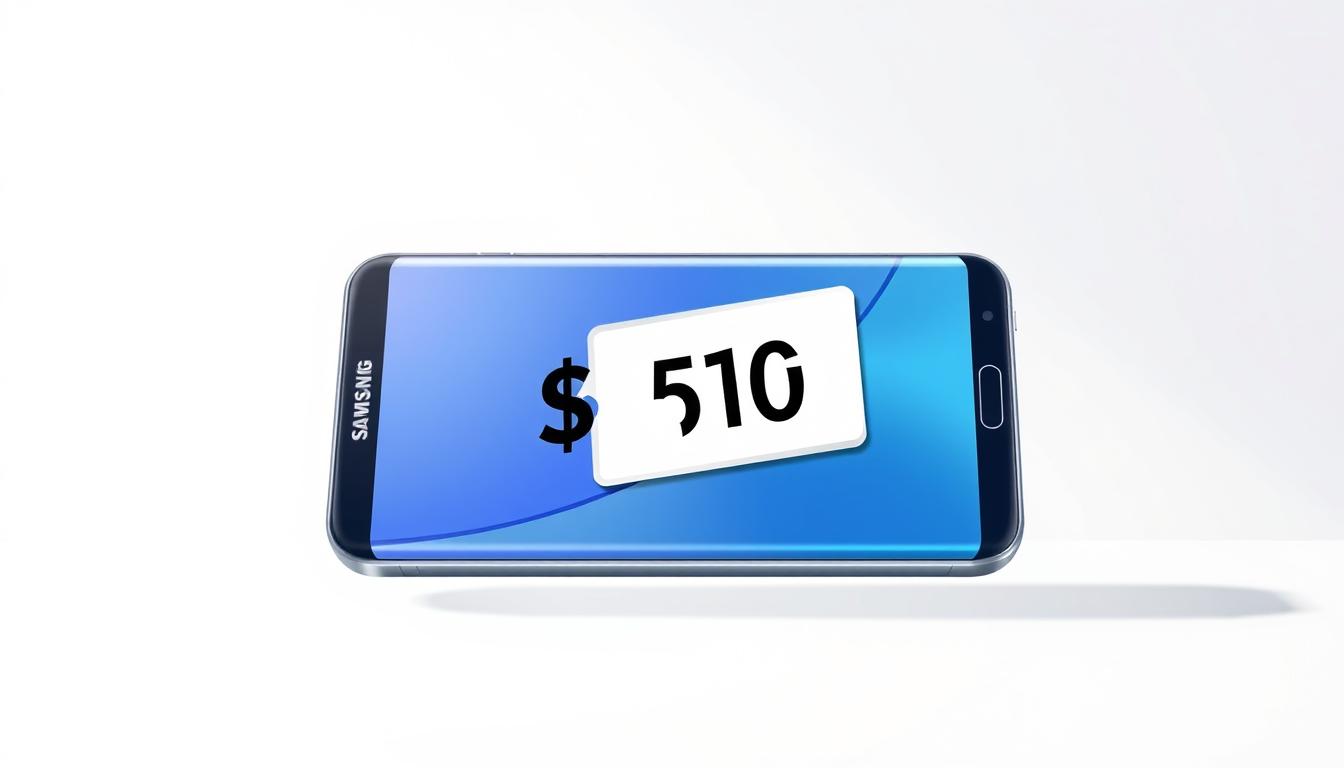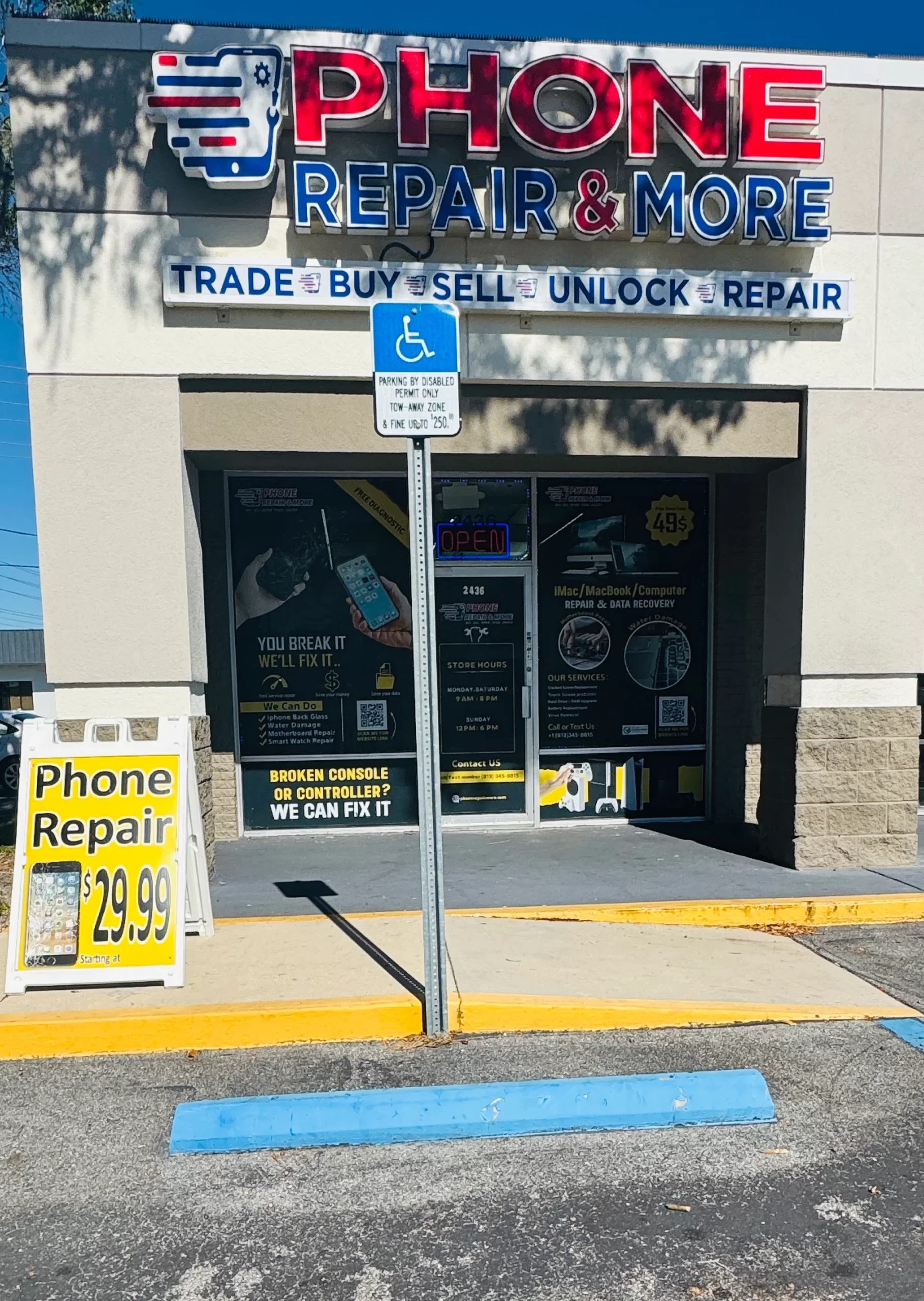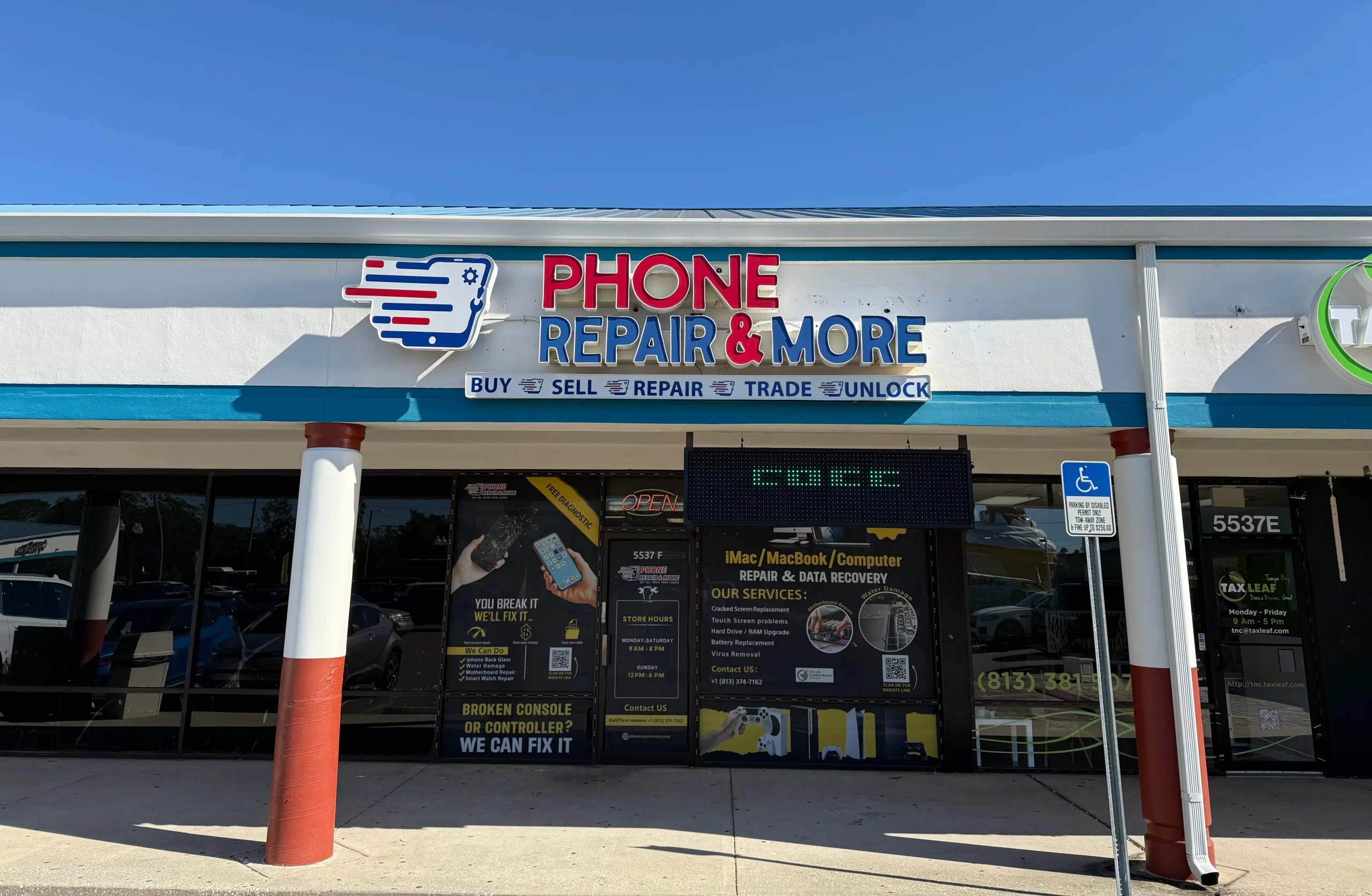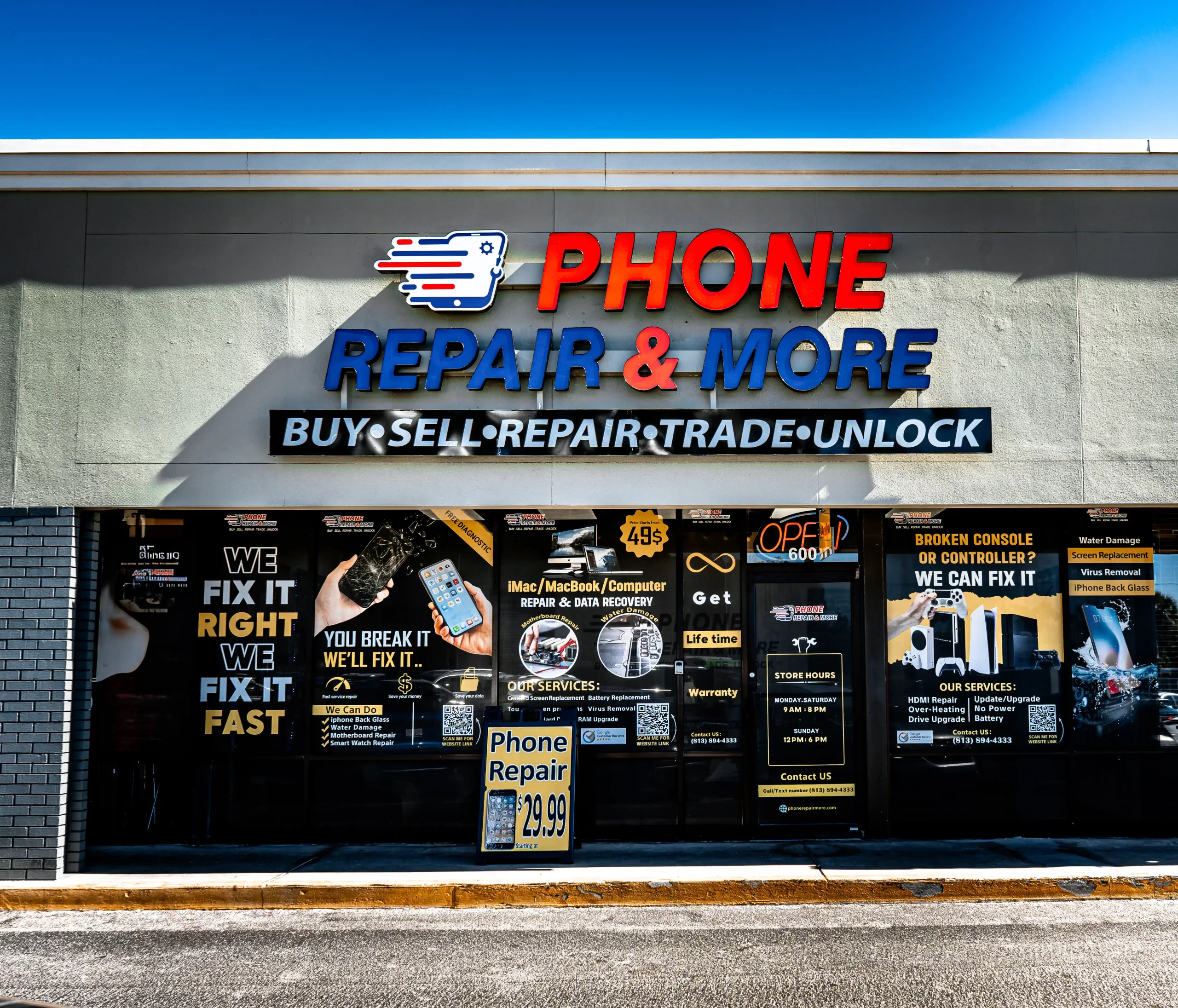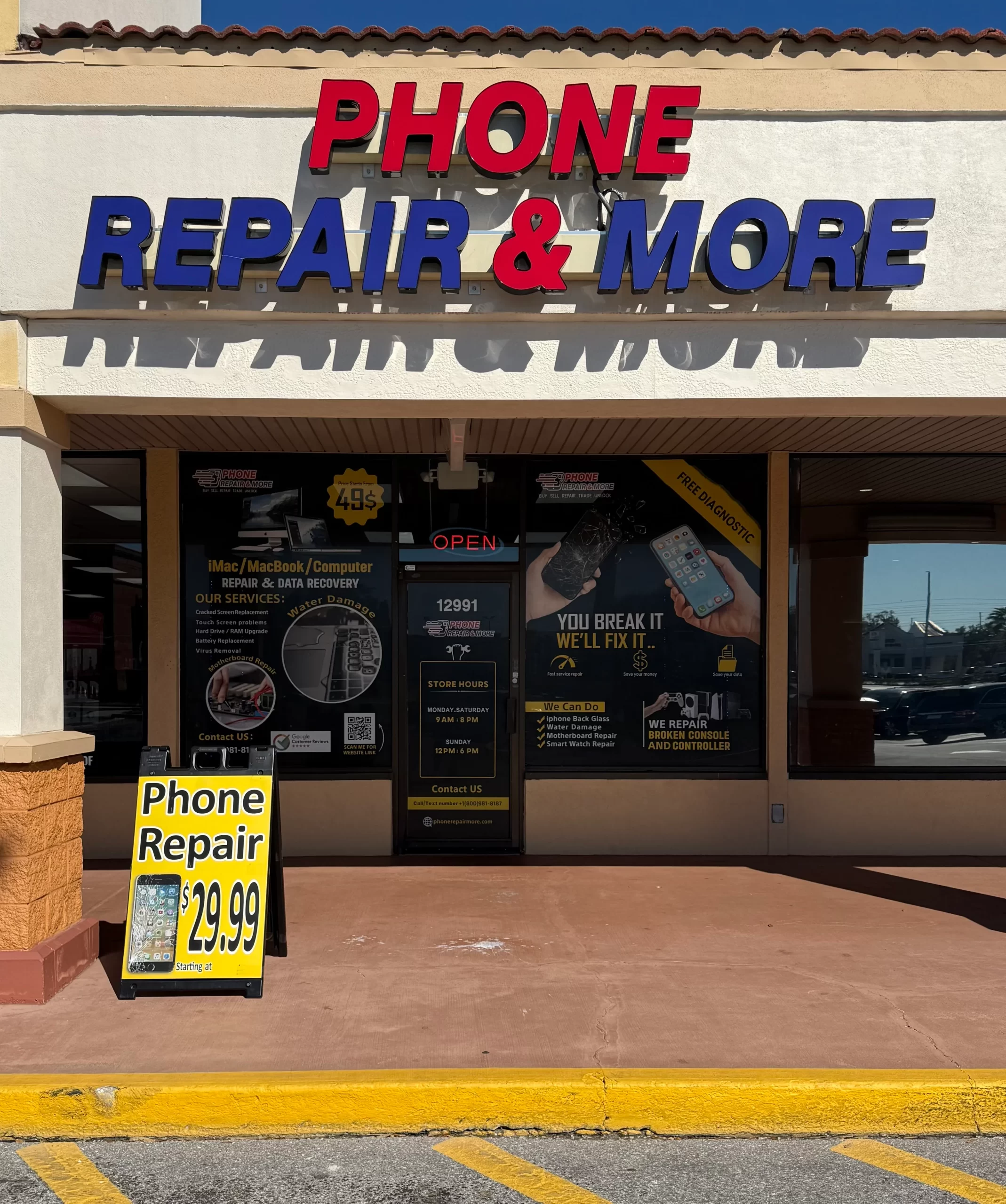Introduction
USB-C has become the standard connector for many devices, including smartphones, tablets, and even laptops. With its widespread adoption, a common question arises: Can I use a regular USB-C charger for my laptop? This article explores the compatibility, potential risks, and considerations when using a regular USB-C charger for your laptop.
Table Of Contents
- Understanding USB-C Charging Technology
- Compatibility Of USB-C Chargers With Laptops
- Risks Of Using A Regular USB-C Charger For A Laptop
- Best Practices For Safe USB-C Charging
- Frequently Asked Questions (FAQs)
- Conclusion
Understanding USB-C Charging Technology
What Is USB-C?
USB-C is a universal connector that supports data transfer, video output, and power delivery. It is known for its reversible design, making it easy to plug in without worrying about orientation. USB-C can support a wide range of devices, but not all USB-C chargers are created equal, especially when it comes to laptops.
USB-C Power Delivery (PD)
USB-C Power Delivery (PD) is a standard that allows devices to negotiate the amount of power they need from a charger. This enables a single charger to work with multiple devices, from smartphones to laptops, by delivering the appropriate amount of power. However, not all USB-C chargers support PD, and those that do may vary in their power output.
Readers Also Liked: Can I Charge A Laptop With A Phone Charger?
Compatibility Of USB-C Chargers With Laptops
Matching Power Requirements
Laptops generally require more power than smaller devices like smartphones. While a regular USB-C charger might physically connect to your laptop, it may not provide enough power for proper operation. Most laptops require chargers that can deliver between 45W to 100W, depending on the model. Regular USB-C chargers, typically used for phones, usually provide much less power, often between 18W and 30W.
Checking Laptop And Charger Specifications
To determine if your regular USB-C charger can be used with your laptop, check the power specifications of both the charger and the laptop. Look for the wattage (W) and voltage (V) ratings on both devices. If the charger’s output is significantly lower than what the laptop requires, it may not charge efficiently or at all.
Risks Of Using A Regular USB-C Charger For A Laptop
Insufficient Power Supply
Using a regular USB-C charger that doesn’t meet your laptop’s power requirements can lead to insufficient power supply. This might cause the laptop to charge slowly, not charge at all, or even lose power while in use. In some cases, the laptop might throttle performance to conserve power, leading to a poor user experience.
Potential Damage To The Laptop
If the USB-C charger is not designed to handle the power needs of a laptop, it could overheat, leading to potential damage to both the charger and the laptop. Additionally, consistent use of an underpowered charger may put unnecessary strain on the laptop’s battery, reducing its lifespan over time.
Best Practices For Safe USB-C Charging
Use The Manufacturer’s Charger
The safest option for charging your laptop is to use the charger that came with the device or one recommended by the manufacturer. These chargers are designed to meet the specific power requirements of your laptop, ensuring safe and efficient charging.
Consider A High-Power USB-C Charger
If you need a replacement or backup charger, consider purchasing a high-power USB-C charger that supports Power Delivery and meets the wattage requirements of your laptop. Phone Repair & More offers a variety of compatible chargers that are safe and effective for use with laptops.
Avoid Using Low-Power Chargers
Avoid using chargers that are designed for smaller devices like smartphones or tablets. These chargers are unlikely to provide enough power for your laptop and may cause performance issues or potential damage.
Recommended: Are Most Laptop Chargers Universal?
Frequently Asked Questions (FAQs)
Can I Use A Regular USB-C Charger For My Laptop?
While it may be possible with some laptops, it is generally not recommended unless the charger meets the power requirements of the laptop. Most regular USB-C chargers do not provide sufficient power for laptops.
What Happens If I Use An Underpowered USB-C Charger?
Using an underpowered USB-C charger can result in slow charging, insufficient power supply, or even potential damage to the laptop’s battery and internal components.
What Should I Look For In A USB-C Charger For My Laptop?
Look for a charger that supports USB-C Power Delivery (PD) and matches the wattage and voltage requirements of your laptop. It’s best to choose a charger recommended by the manufacturer or a reputable third-party provider like Phone Repair & More.
USB-C Charger & Laptop Repair Near Me
Using a regular USB-C charger for your laptop is generally not advisable unless it meets the power requirements of your device. Laptops require higher wattage chargers to function efficiently and safely. For the best charging experience, it’s important to use a charger specifically designed for your laptop or a high-power USB-C charger that supports Power Delivery. Phone Repair & More can help you find the right charger for your laptop, ensuring that your device remains safe and fully powered.


